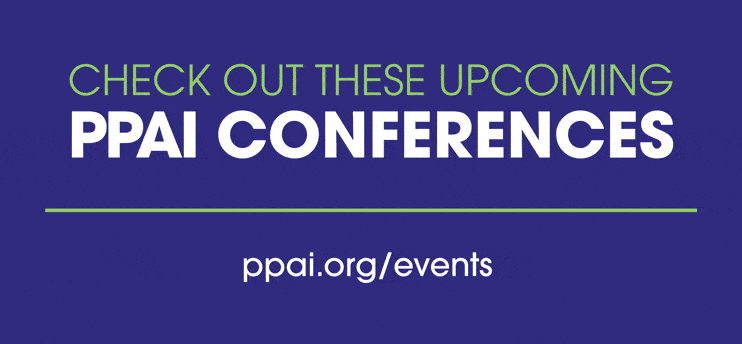Have you ever considered yourself to have a “full plate” at work? Your to-do list appears endless, with an ever-growing series of responsibilities that all seem to be high-priority, and need to be accomplished now. In addition to the “basic” list, your boss is demanding that you complete a very time-consuming report, you have back-to-back meetings, and—don’t forget—you also have the added pressures and responsibilities of home life.
Some people would consider the constant influx of responsibilities to be a good sign. It’s a sign that people can count on you. But there is a breaking point—one that is both physically and mentally taxing.
In this issue of Promotional Consultant Today, we share six key strategies offered by Patti Johnson, CEO of PeopleResults and a career and workplace expert, to help you keep from feeling overwhelmed at work.
1. Decide what must be done today and this week. It can be overwhelming to think about everything that needs to be done today, tomorrow, this week and in the months ahead. It’s a never-ending list that’s constantly made longer by life’s natural demands. Avoid this type of thinking. This all-at-once or all-or nothing mentality can leave us feeling these responsibilities are more than we can handle—and they are. (That’s why they’re spread out over time, after all.). Instead, make it easier on yourself by thinking very short term. Think today. Think tomorrow. Think this week. Write down due dates and deadlines, or block work time for future needs, but for now, let them go now.
2. Know the best use of your time right now. This step further breaks down the idea of thinking very short term. When you contemplate the best use of your time now, it will provide you with added clarity and focus. If you have a series of impending deadlines, schedule accordingly. Leave all non-priority items for the late afternoon and guide your behavior appropriately to address these tasks.
3. Don’t be the hero. Let others help. If you are the “go-to” person at work and in your family, don’t overdo the self-reliance. Sure, it feels good, but it can also be incredibly exhausting. Stop and ask yourself, ” What am I doing now that someone else could do or at least help with?” Now, for the hard part: ask them to help, and then let them. You can’t lessen your responsibilities while also being the hero.
4. Remember what you can control and influence—and what you can’t. We spend so much of our time and energy focusing on life events that we simply cannot change or have no control over. Make a list of what is in your control and influence. Decide how to spend your time and energy here and set aside the rest. Focus on the areas where you can have an impact-and remove the other thoughts from your wavelength.
5. Put yourself first. Lower the stress of life with healthy choices. This is very individualized. For you, it could be anything from taking a yoga class or walking, to office culture, your diet or your daily schedule.
Johnson shares an example of a client who gradually slipped into working every night and on most weekend days—yet it was only making her feel more overwhelmed and anxious, and less accomplished. Once the client realized that her list of to-dos would be endless no matter how much she worked, they developed a plan together that would result in much-needed free time. To do so, the client delegated more, renegotiated priorities with her boss and changed her schedule. She decided to work late one night each week, start early another day and set boundaries for herself on the other days. She also incorporated more time to take walks.
6. Ask yourself if it will it matter in three days, three months or three years. And then decide accordingly. You’ve probably heard many variations to this question, but when you’re frustrated, stop and consider how much it truly matters.
- Will it matter in three days? If not, then it’s probably not worth spending any more time on. Find a quick resolution and let it go.
- Will it matter in three months? If yes, this indicates importance and longer-term impact, so it’s probably worth a time investment.
- Will it matter in three years? If yes, then it is essential in your life and deserves special attention. These are usually the big ones—relationships, happiness and work efforts that make a difference. Make time for these, because they rarely show up as urgent items on your to-do list.
Source: Patti Johnson is a career and workplace expert and the CEO of PeopleResults, a change and human resources consulting firm she founded in 2004. Previously, she served as a senior executive at Accenture and has been featured as an expert in The Wall Street Journal, The New York Times, Money Magazine and Working Mother.


